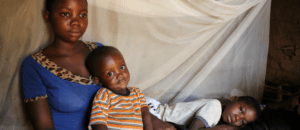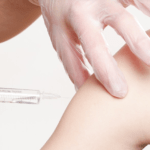As the deadly Ebola virus outbreak in the Democratic Republic of Congo continues, with the first cases emerging in neighbouring Uganda this week, the EU has announced further emergency funding of €3.5 million, of which €2.5 million is for Uganda and €1 million for South Sudan. The aid package will strengthen rapid detection and reaction to Ebola cases. This funding comes on top of the €17 million in EU funding for Ebola response since 2018 in the Democratic Republic of Congo and prevention and preparedness actions in Uganda, South Sudan, Rwanda and Burundi.
In co-ordination with other international donors and in line with the World Health Organisation’s Regional Strategic Ebola Response and Preparedness Plans, EU funding is contributing towards measures that include mainly:
- the strengthening of disease surveillance at community level, health facilities and points of entry (border crossing points);
- the training of rapid response teams;
- the training of healthcare and frontline workers on contact-tracing, infection prevention and control measures, psychosocial support, and safe and dignified burials;
- local capacity-building by equipping medical treatment facilities; and
- community awareness-raising.
EU humanitarian health experts in the Democratic Republic of Congo, in Uganda and in the region are coordinating and they are in daily contact with the health authorities in these countries, the World Health Organisation and operational partners.
Background
The EU has been assisting countries on the frontline since the beginning of the outbreak in 2018, providing financial support, experts, the use of the ECHO flight service to deliver supplies and has activated the EU Civil Protection Mechanism.
On 11 June 2019, the Minister of Health of Uganda confirmed that a first patient had tested positive to Ebola virus disease (EVD) in Kasese district, in the south-west of the country.Given the high population mobility in the region between Ebola-affected areas in the Democratic Republic of Congo and neighbouring countries, the threat of a cross-border transmission of the Ebola virus has always been evaluated by the World Health Organisation as very high.
The EU Humanitarian Aid department along with the United Kingdom’s Department for International Development is currently carrying out a field mission in south-west Uganda, with the participation of a regional health expert from the European Commission.
The EU has also financially supported Ebola vaccine development and research on Ebola treatments and diagnostic tests.
More information
Access the complete news
Related factsheet: EU response to the Ebola epidemic







Leave a Reply